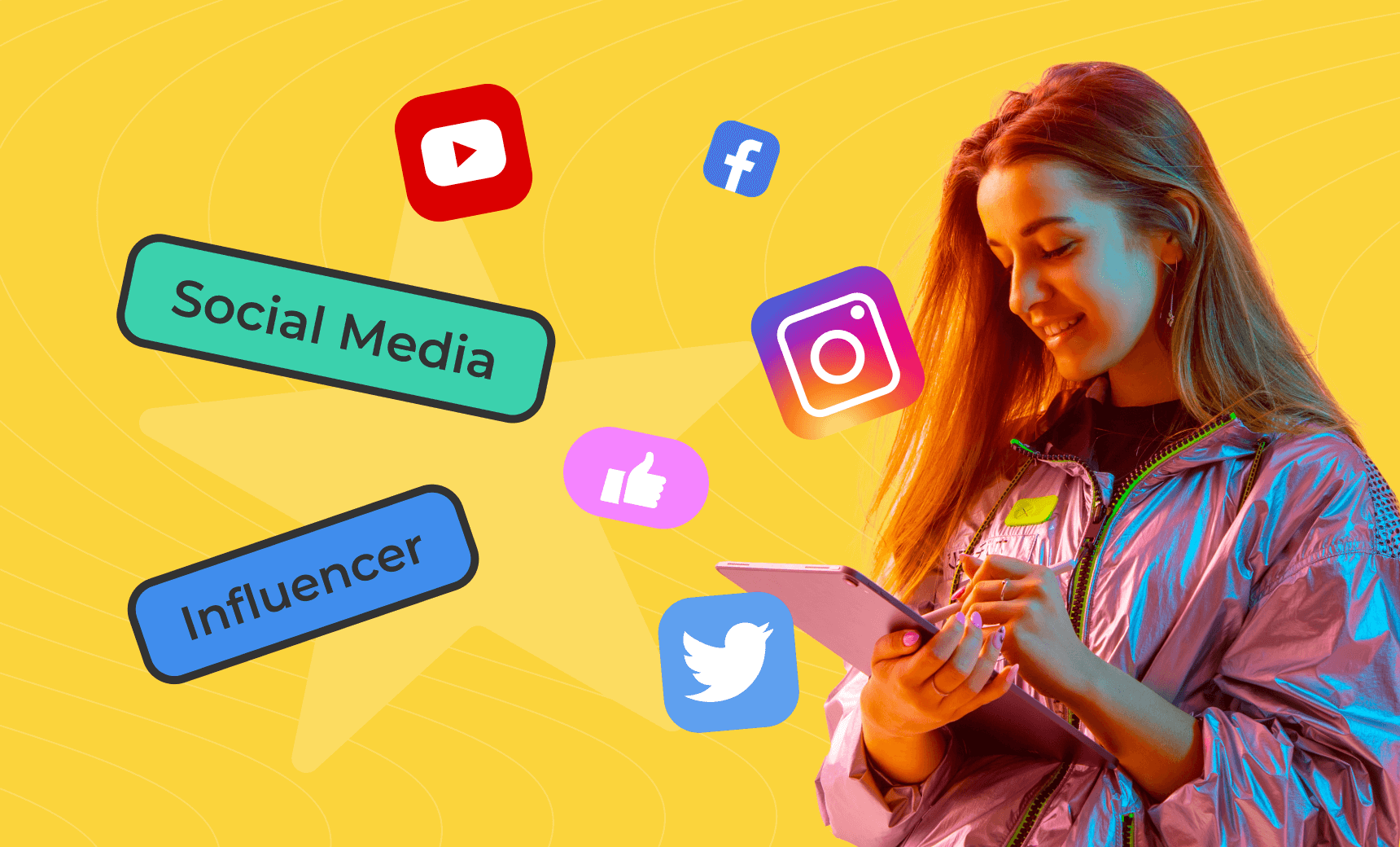Introduction
Social media influencers hold significant sway over public opinion and trends, but with this influence comes heightened exposure to security risks. In 2024, influencers face an array of threats that can jeopardize their personal safety, privacy, and professional reputation. This article delves into the top five security threats confronting social media influencers and offers strategies to safeguard against these dangers.
1. Cybersecurity Threats
Hacking and Data Breaches
Influencers are prime targets for hackers due to their high-profile status and the valuable personal information they possess. Cybercriminals can exploit security vulnerabilities to gain unauthorized access to accounts, leading to data breaches, financial loss, and reputational damage. High-profile influencers have faced significant setbacks from such breaches, losing followers and trust.
Preventative Measures:
- Strong Passwords: Use complex, unique passwords and update them regularly.
- Two-Factor Authentication: Enable two-factor authentication (2FA) to enhance account security.
- Secure Devices: Protect all devices with updated antivirus software and security patches.
Phishing Attacks
Phishing attacks involve deceptive attempts to steal sensitive information by posing as legitimate entities. Influencers may receive fraudulent emails or messages that trick them into divulging passwords or other confidential details, leading to account compromises and data theft.
Preventative Measures:
- Verify Authenticity: Scrutinize emails and messages before clicking on links or providing information.
- Phishing Awareness: Stay educated on the latest phishing tactics and how to recognize them.
- Report Suspicious Activity: Report any suspected phishing attempts to the platform and relevant authorities.
2. Physical Safety Risks

Stalking and Harassment
The public nature of an influencer’s life can attract unwanted attention, including stalking and harassment. Influencers may face threats to their physical safety from individuals who become overly fixated on them, posing serious personal risks.
Preventative Measures:
- Privacy Settings: Adjust privacy settings to limit the amount of personal information shared online.
- Personal Security: Consider hiring security personnel for public appearances and events.
- Legal Actions: Report and take legal action against any form of stalking or harassment.
Doxxing
Doxxing involves the malicious publication of private information, such as home addresses or phone numbers, to intimidate or harm an individual. Influencers are particularly vulnerable to doxxing, which can lead to threats, harassment, and physical danger.
Preventative Measures:
- Limit Personal Information: Avoid sharing sensitive personal details publicly.
- Use Pseudonyms: Use pseudonyms or business addresses for public correspondence.
- Monitor Online Presence: Regularly search for and remove any personal information posted online.
3. Privacy Invasions
Unauthorized Access to Personal Life
Influencers often share glimpses of their personal lives, which can be exploited by malicious actors seeking to invade their privacy. Unauthorized access to private photos, videos, or messages can lead to public embarrassment and personal distress.
Preventative Measures:
- Separate Accounts: Use separate accounts for personal and professional activities.
- Secure Cloud Storage: Ensure cloud storage services are secure and encrypted.
- Selective Sharing: Be mindful of the content shared publicly and keep sensitive information private.
Spyware and Surveillance
Spyware and surveillance technologies can be used to monitor an influencer’s activities without their consent. This can lead to unauthorized access to private conversations and personal data, compromising their privacy.
Preventative Measures:
- Anti-Spyware Software: Install and regularly update anti-spyware software.
- Regular Scans: Conduct regular security scans on all devices.
- Awareness and Vigilance: Be cautious of suspicious links and apps that request extensive permissions.
4. Reputation Management Threats
Fake News and Misinformation
The spread of fake news and misinformation can severely damage an influencer’s reputation. False information can be circulated rapidly, leading to misunderstandings and negative public perceptions.
Preventative Measures:
- Fact-Checking: Regularly monitor and fact-check information about yourself.
- Public Statements: Address misinformation promptly with clear and factual public statements.
- Legal Recourse: Pursue legal action against sources spreading defamatory content.
Impersonation and Identity Theft
Impersonation and identity theft involve malicious actors creating fake profiles or using an influencer’s identity to deceive followers. This can lead to financial fraud, reputational harm, and loss of follower trust.
Preventative Measures:
- Verification: Verify official accounts on social media platforms.
- Report Impersonation: Report fake profiles to the platform immediately.
- Educate Followers: Inform followers about official channels and how to identify impersonators.
5. Legal and Regulatory Risks
Compliance with Advertising Regulations
Influencers must adhere to advertising regulations, including disclosing paid partnerships and sponsored content. Failure to comply can result in legal penalties and loss of credibility.
Preventative Measures:
- Clear Disclosures: Ensure all sponsored content includes clear and conspicuous disclosures.
- Stay Informed: Keep updated on advertising regulations and guidelines.
- Legal Consultation: Consult with legal experts to ensure compliance.
Intellectual Property Violations
Using copyrighted material without permission can lead to legal disputes and financial penalties. Influencers must navigate the complexities of intellectual property laws to avoid infringements.
Preventative Measures:
- Obtain Licenses: Secure proper licenses for music, images, and other copyrighted content.
- Credit Creators: Always credit original creators where applicable.
- Legal Advice: Seek legal advice to understand and comply with intellectual property laws.
Conclusion
The prominence of social media influencers comes with significant security risks that extend beyond the digital realm. From cybersecurity threats and physical safety risks to privacy invasions and legal challenges, influencers must be vigilant and proactive in safeguarding their personal and professional lives. By implementing the strategies outlined in this article, influencers can better navigate these threats and continue to thrive in the dynamic world of social media.
Take Action Now!
Don’t wait until it’s too late. Protect your online presence and personal safety today. Reach out to the experts at Suntel Analytics for comprehensive security solutions tailored to social media influencers. Secure your future and maintain your peace of mind with professional guidance and support. Contact us now!
FAQs
1. How can influencers protect themselves from hacking? Influencers can protect themselves by using strong, unique passwords, enabling two-factor authentication, and being cautious of phishing attempts.
2. What steps can influencers take to ensure their physical safety? Influencers can enhance their physical safety by adjusting privacy settings, hiring security personnel for public appearances, and reporting any stalking or harassment to authorities.
3. How do influencers manage privacy invasions? Influencers can manage privacy invasions by using separate accounts for personal and professional activities, securing cloud storage, and being selective about the content they share publicly.
4. Why is reputation management important for influencers? Reputation management is crucial because fake news, misinformation, and impersonation can severely damage an influencer’s credibility and trust with their audience.
5. What legal risks do influencers face, and how can they mitigate them? Influencers face legal risks such as non-compliance with advertising regulations and intellectual property violations. They can mitigate these risks by making clear disclosures, staying informed about regulations, and consulting legal experts.



